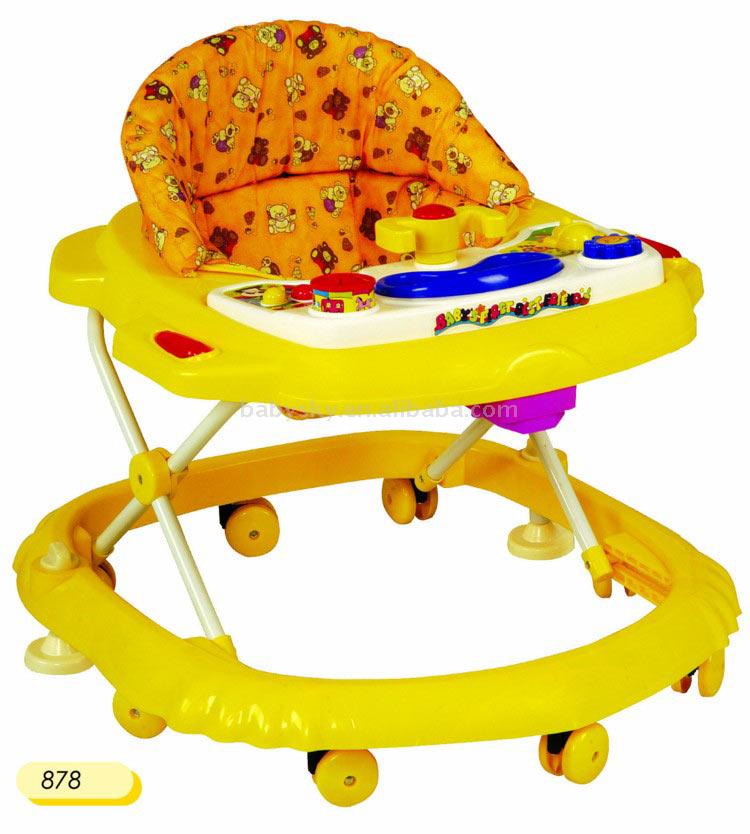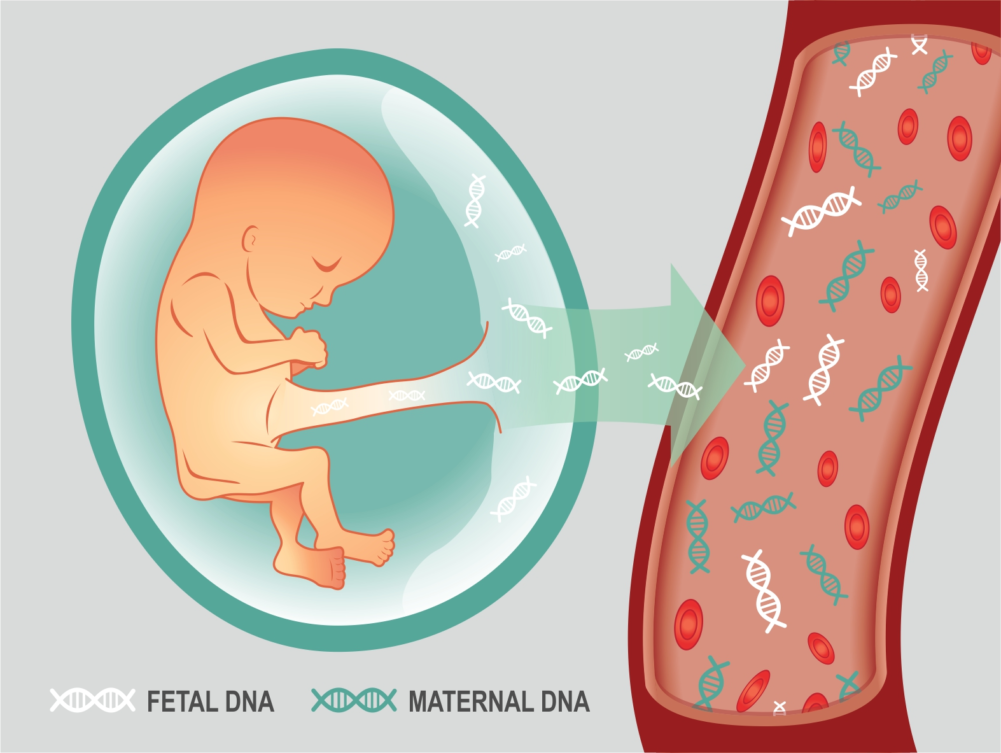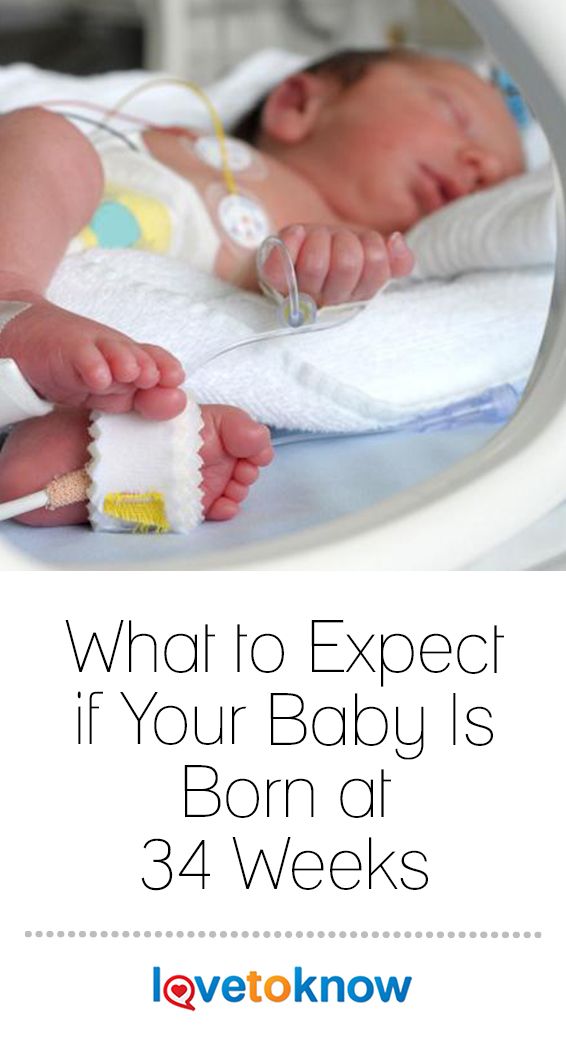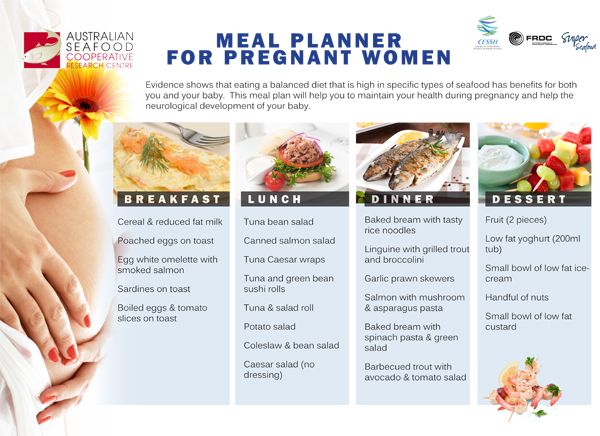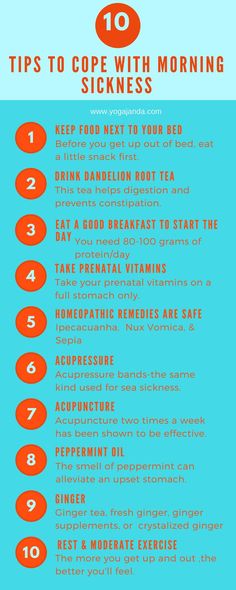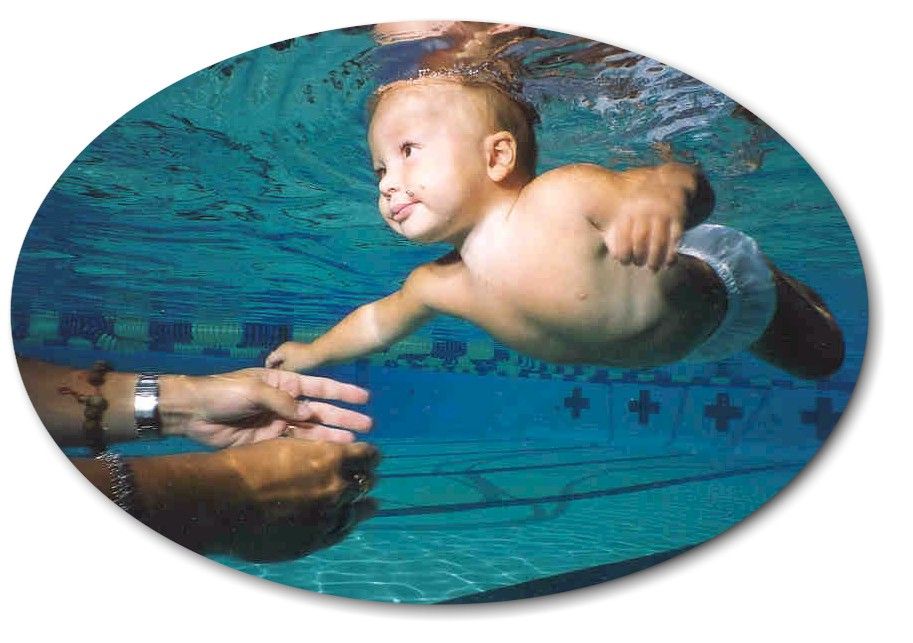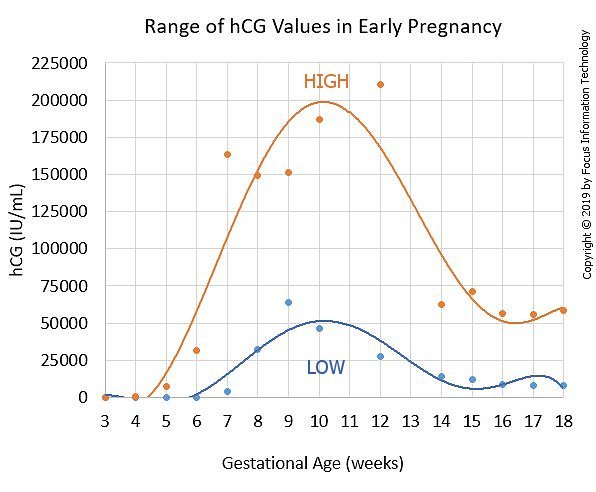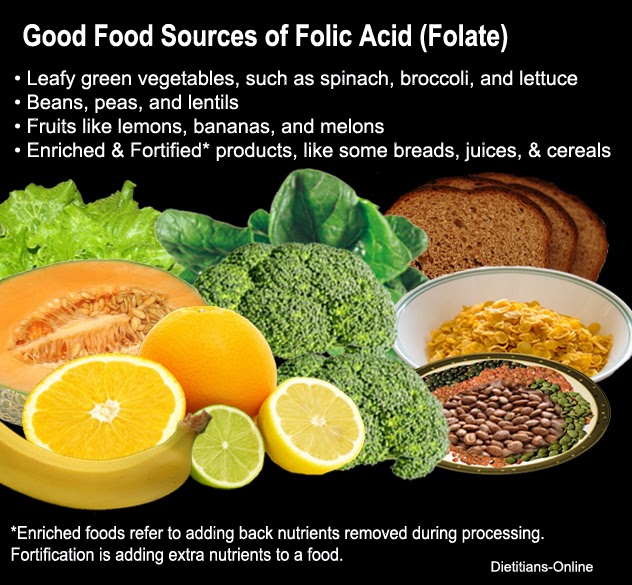Early pregnancy signs thirst
Excessive Thirst During Pregnancy
Can’t seem to get enough to drink? Thirst is actually one of the earliest signs of pregnancy (so if you’ve been hoping for two pink lines, it may be time to test!) and one that may stick with you during the entire nine months. Why? Women experience heightened thirst in pregnancy because your body simply needs extra fluids as it supports baby’s development, so it’s important to stay hydrated. If you’re feeling like you’ve just stepped out of the desert all day every day, here’s what your body might be telling you.
In this article:
Is it normal to feel thirsty during pregnancy?
Causes of thirst in pregnancy
What to do for thirst in pregnancy
Is it Normal to Feel Thirsty During Pregnancy?
“It’s entirely normal to feel extra thirsty during pregnancy, even during the first trimester,” says Donald Grant, MD, ChB, DRCOG, MRCGP, a general physician in Bristol, UK, and the clinical lead at The Independent Pharmacy. “Around the time other early symptoms of pregnancy start to show, increased thirst often accompanies them.” And although many of the other first trimester pregnancy symptoms may ease up as time passes, thirst in pregnancy is likely to stick around and even increase as the weeks pass.
What’s not normal? Insatiable thirst that lasts all night and day and doesn’t go away even after drinking plenty of water. Extreme thirst in pregnancy could be a sign of other medical conditions. Keep reading to learn more.
Causes of Thirst in Pregnancy
We’ve all heard the phrase “eating for two,” but why does it suddenly seem like you’re drinking for two as well? The easiest and most common explanation is that you are! When you’re pregnant, Grant says, your body needs more fluids than usual to support baby’s blood circulation, maintain a healthy level of amniotic fluid and keep up with your own higher blood volume. Another possible reason for your thirst in pregnancy? You may be feeling hotter and sweating more these days—both common side effects of growing a tiny human, but which can increase your need for fluid intake.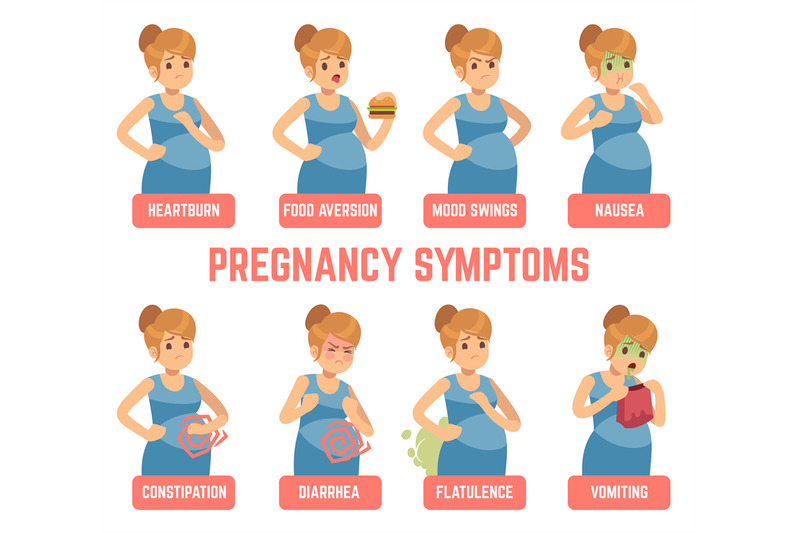
Causes of Excessive Thirst in Pregnancy
If you’re experiencing excessive thirst in pregnancy, it could potentially be due to a more severe condition, such as:
• Gestational diabetes. In rare cases, extreme thirst in pregnancy could be a sign of gestational diabetes, says Kecia Gaither, MD, an OB-GYN and maternal fetal medicine specialist and director of perinatal services for NYC Health+Hospitals/Lincoln. But in most cases, gestational diabetes doesn’t cause any symptoms at all—that’s why every pregnant woman gets tested for it.
• HELLP Syndrome. HELLP Syndrome is a rare condition that occurs when a pregnant woman’s liver enzymes become out of whack, and calls for close monitoring until baby is delivered. Aside from excessive thirst, other symptoms can include fatigue, nausea and vomiting, and pain in the upper right part of your abdomen.
If you experience any of these symptoms, call your doctor, who can help get to the bottom of what’s causing them and guide you on proper treatment.
What to Do for Thirst in Pregnancy
The best thing to do if you’re feeling thirsty during pregnancy? Why, drink up, of course! As a rule of thumb, drink until your thirst has been quenched, says Grant, and avoid the temptation to cut back on water in order to cull those never-ending trips to the bathroom, he adds. “Instead, try sucking on ice throughout the day to increase your fluid intake naturally. Eat fewer salty foods, and instead consume juicy fruits and vegetables with high water content to help keep you hydrated.”
It’s critical that you stay hydrated during pregnancy. In fact, pregnant women are encouraged to drink 8 to 10 glasses of water a day, Gaither says. If you don’t drink enough fluids, you run the risk of becoming dehydrated, which can lead to complications such as low amniotic fluid, insufficient breast milk production and even premature labor, says Grant. “These, in turn, can lead to severe birth defects for baby, including brain damage or spina bifida,” he adds.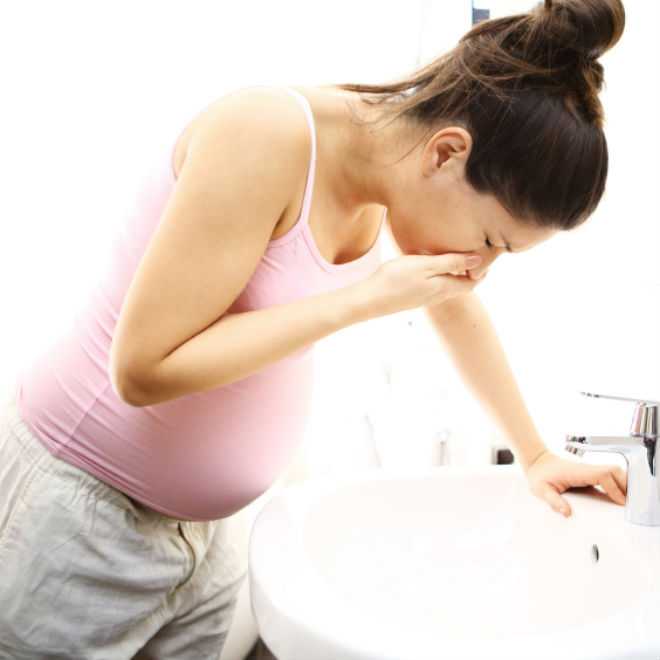
According to Gaither, signs of dehydration include:
- Dark, strong-smelling urine
- Constipation
- Dizziness
- Uterine contractions
- Fainting
To stay on track, keep a bottle of water close by—your purse, your car and your work desk are great places to stash water—and if needed, set an hourly reminder to get those ounces in! If you’re pregnant during the summer months, it’s even more important to keep water nearby at all times. If you’re struggling to drink the recommended amount of water during pregnancy, consider investing in a water bottle that measures how much water you’re drinking.
Updated February 2020
Expert bios:
Donald Grant, MD, ChB, DRCOG, MRCGP, is a general physician in Bristol, UK, with more than 30 years of experience. He serves as the clinical lead at The Independent Pharmacy, an online pharmacy service in Great Britain that advises on common medical conditions.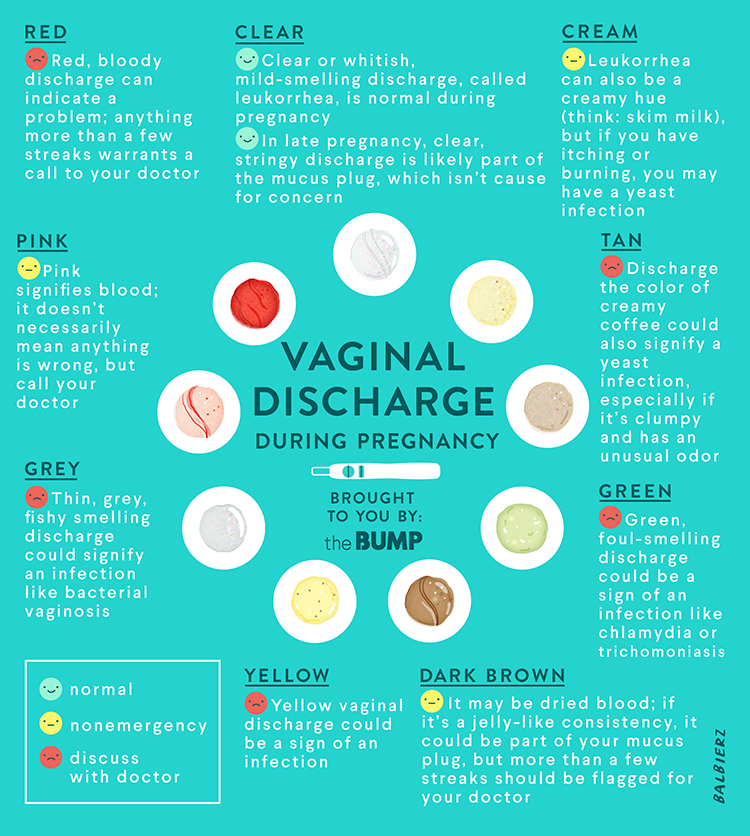
Kecia Gaither, MD, MPH, FACOG, is a double board-certified OB-GYN and maternal fetal medicine specialist in New York City with more than 20 years of experience. She serves as the director of perinatal services for NYC Health+Hospitals/Lincoln.
Please note: The Bump and the materials and information it contains are not intended to, and do not constitute, medical or other health advice or diagnosis and should not be used as such. You should always consult with a qualified physician or health professional about your specific circumstances.
Plus, more from The Bump:
How to Stay Hydrated During Pregnancy
Healthy Alternatives to Water
The Real Deal with Consuming Caffeine During Pregnancy
Very Thirsty in Early Pregnancy: Is It Normal?
Is a White Tongue a Sign of Dehydration?Reading Very Thirsty in Early Pregnancy 9 minutes
Next Why Am I So Thirsty?Tags
- Hydration
In this article:
- Is It Normal To Feel Thirsty in Early Pregnancy?
- What Causes Thirst During Pregnancy?
- Is Thirst the Same as Dehydration?
- How Can I Get Rid of Thirst in Early Pregnancy?
- The Benefits of Being Hydrated During Your Pregnancy
If you’re in your early pregnancy, you might have heard that you’re now eating for two.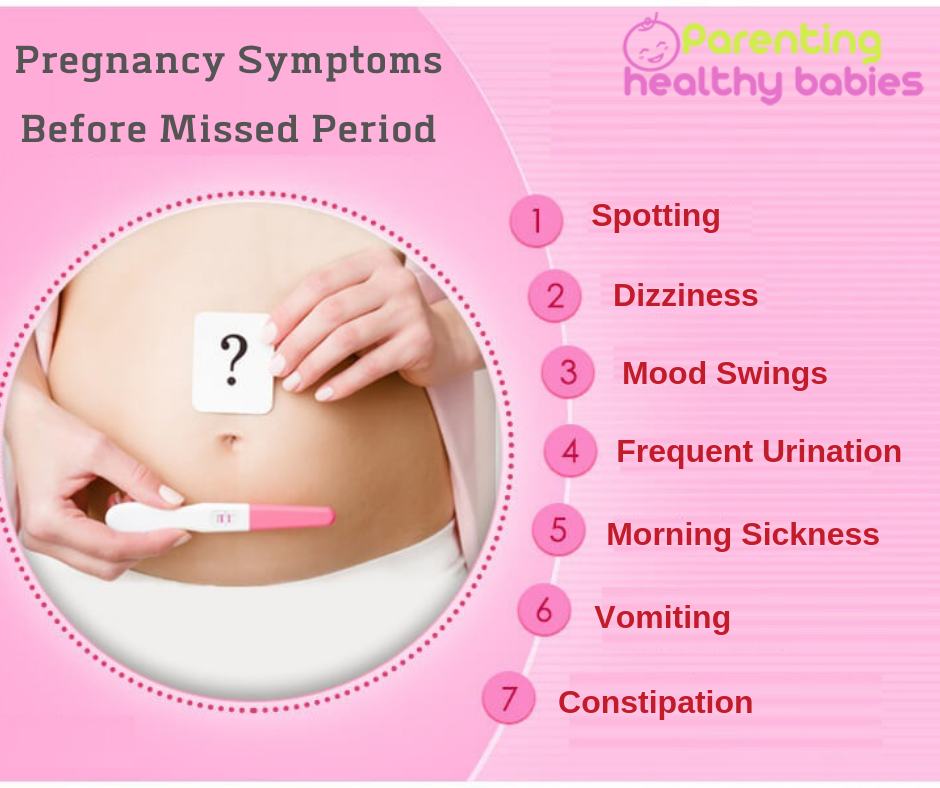 But did you know that you’re now drinking for two, as well?
But did you know that you’re now drinking for two, as well?
Because your fluid intake requirements have gone up, it’s normal to feel thirsty in your early pregnancy. But if your thirst is excessive and persistent, then it’s a good idea to take a closer look at what’s happening.
Read on to discover when it’s normal to feel thirst in early pregnancy, what causes you to feel thirsty, and the best ways to cure your thirst during your pregnancy.
Is It Normal To Feel Thirsty in Early Pregnancy? Hydrating Electrolyte Mix★★★★★ 1000+ reviews | During pregnancy, your body is literally growing another human being. For this reason, you need a lot of extra energy—which mainly comes from what you eat and drink (in addition to lots of extra naps!). For this reason, it’s completely normal to feel thirsty in your early pregnancy—especially if you haven’t upped your intake of food and water, in addition to essential vitamins and minerals. However, you might feel excessive thirst that doesn’t seem to go away regardless of how much you eat and drink. While a dry mouth on its own is usually not something to worry about, you might be experiencing thirst that’s slightly excessive. This is especially the case if you have a constant desire to drink water—even in the middle of the night. If that’s the case, it’s a good idea to check in with your doctor to make sure that everything is in balance. However, most cases of thirst in early pregnancy should go away by upping how much you eat and drink. Keep reading to find out what makes you feel so thirsty during pregnancy. |
There are many reasons you may be feeling more thirsty than usual in your pregnancy. In addition to simply needing more fluids to, you know, create another human being, there may be several factors at play. These can include:
- Increased Pressure on Your Bladder: As you progress in your pregnancy, you may feel increased pressure on your bladder.
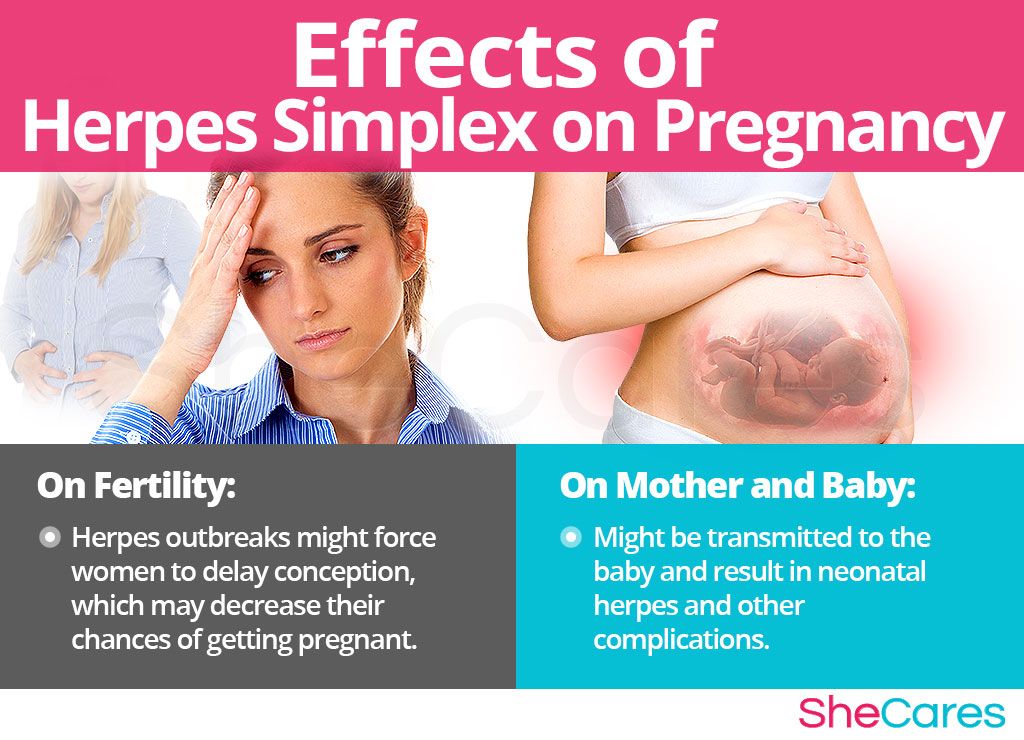 This may cause you to use the bathroom more often, which (understandably) may lead you to need more water than you usually do.
This may cause you to use the bathroom more often, which (understandably) may lead you to need more water than you usually do.
- An Increase in Hormones: During pregnancy, there is an increase in certain hormones that get released. Estrogen and progesterone play a role in your body’s hydration levels, and their secretion may explain the increase in thirst during pregnancy.
- Your Kidneys Are Working Overtime: Because you’re carrying a fetus, your kidneys are expelling more waste than usual, which means you’re losing more water and electrolytes than usual.
- You Feel Nauseous More Often: If you’re dealing with morning sickness, you may be experiencing vomiting—this is a very common way to rapidly lose a lot of water and electrolytes.
In addition, you may be eating a lot less food than usual. Because we get many of our electrolytes from food, you might be missing out on essential ones, which can trigger a thirst response.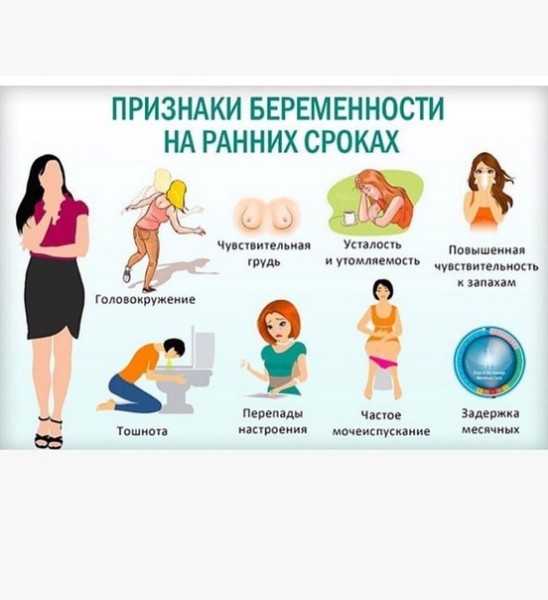
However, if you’re experiencing excessive thirst that doesn’t seem to go away, it can be due to a serious condition. This can include:
- Gestational Diabetes: This is a condition in which your blood sugar levels go up during pregnancy. This condition can affect up to 10% of pregnancies each year. While this condition sometimes doesn’t cause any symptoms at all, increased thirst can definitely be a sign of it.
- HELLP Syndrome: This is an incredibly rare condition that’s caused when the liver produces excess enzymes while the red blood cells begin to break down. While many of the symptoms—such as nausea and fatigue—may be confused with the normal experience of pregnancy, excessive thirst may be the sign that tells you something is wrong.
Due to the potential for complications, it’s important to have your doctor evaluate you for health issues. So make sure to reach out to your doctor if your thirst doesn’t go away.
Is Thirst the Same as Dehydration?| Thirst is not the same thing as dehydration. When your body senses even a minor decrease in your total water supply, it sends signals to your brain to (a) find more water and (b) preserve the water you already have—through fluid retention. Thirst is usually the first signal you’ll feel when your fluid balance is off and should go away fairly quickly once you replenish your fluids. Dehydration is a bit different from thirst. While there’s no single clinical definition for dehydration, it’s what happens when your body loses more water and electrolytes than it replenishes. In mild cases, it’s enough to cause impairment in your regular functioning. In more severe cases, it can lead your vital organs to stop working and even cause death. | Hydrating Electrolyte Mix★★★★★ 1000+ reviews |
How do you know if you’re dehydrated? Well, aside from thirst, you may experience a loss of function in many parts of your body and brain.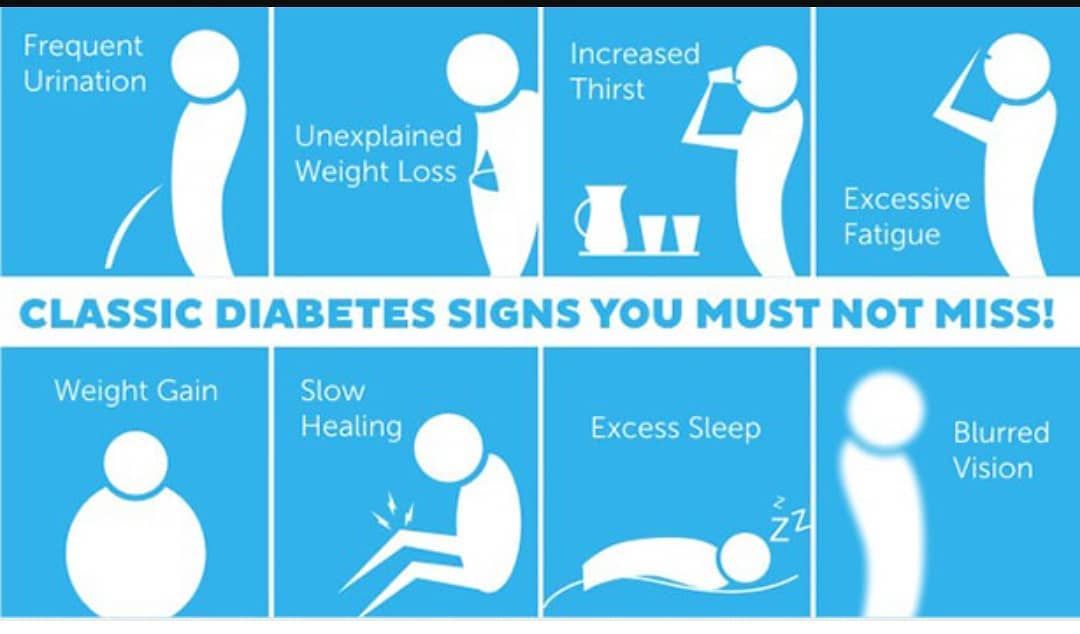 This can include brain fog, heart palpitations, extreme fatigue, and muscle spasms—amongst many others. While your doctor can diagnose you with dehydration, there’s a much easier way to check. If your urine is dark yellow or orange, you’re very likely dehydrated.
This can include brain fog, heart palpitations, extreme fatigue, and muscle spasms—amongst many others. While your doctor can diagnose you with dehydration, there’s a much easier way to check. If your urine is dark yellow or orange, you’re very likely dehydrated.
It’s super important to prevent excessive thirst from happening in the first place. For this reason, it’s important to drink the right amount of fluids for you. While the standard recommendation is eight glasses per day, you may need more. Listen to your body and give it all the fluids needed to prevent any feelings of thirst.
During pregnancy, it’s normal to feel nauseous from drinking plain water. Adding in an electrolyte supplement will not only replenish you with necessary minerals, but it can make water taste much better. Alternatively, you can up your intake of yummy fruits and veggies as a “cheat” for getting in more fluids.
Instead of drinking excessive amounts of water at certain points throughout the day, it’s a much better idea to sip on your beverages gradually.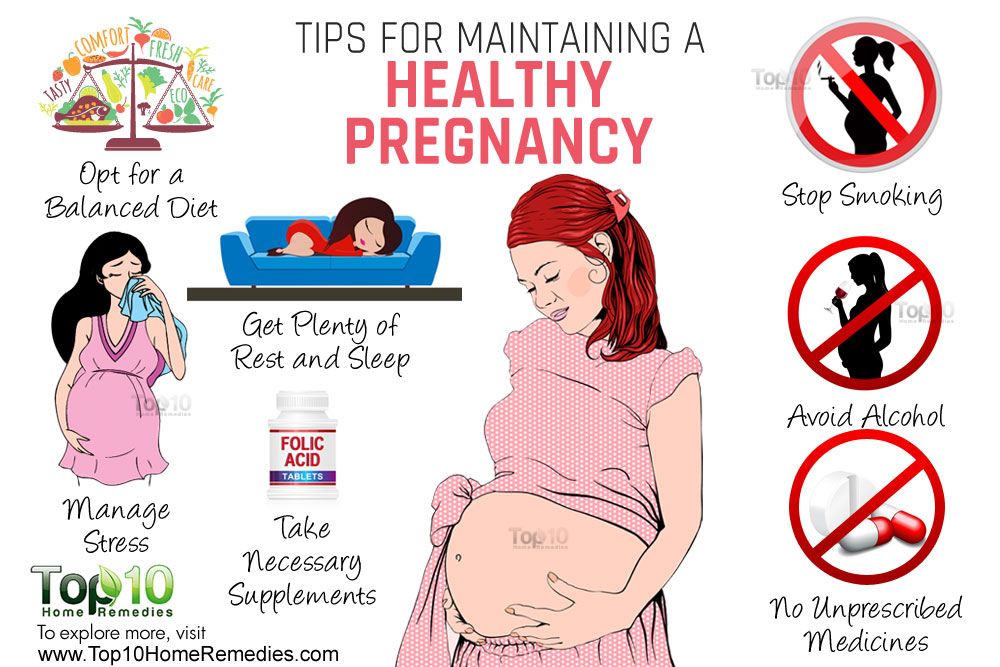 Too much water can make you feel uncomfortable—especially if you’re dealing with nausea. Instead, keep a large bottle of water nearby and sip on it every 20 minutes or so. If it helps, you can set reminders on your phone to make sure to drink when you need to.
Too much water can make you feel uncomfortable—especially if you’re dealing with nausea. Instead, keep a large bottle of water nearby and sip on it every 20 minutes or so. If it helps, you can set reminders on your phone to make sure to drink when you need to.
Aside from preventing dehydration, there are many benefits to staying well-hydrated in your pregnancy. These include:
- Reducing Your Risk of UTIs: During pregnancy, your risk of contracting a urinary tract infection goes up. While these can be easily treated with a round of antibiotics, it might be something you wish to avoid when pregnant. Staying hydrated is the best way to keep your urinary tract clear of bacteria that can lead to infection.
- Lowering Your Risk of Fatigue: Since you’re carrying a baby inside you, it’s totally understandable that you’d feel a bit more tired than usual. Keep your energy levels as high as possible by providing your body with the essential fluids and electrolytes it needs to keep your heart pumping efficiently and delivering oxygen to every part of your body.
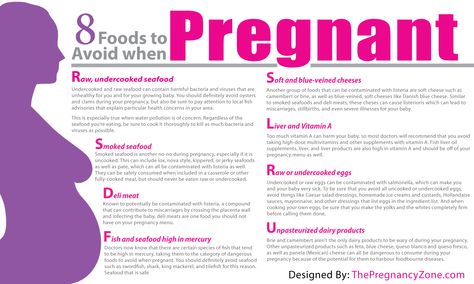
- Reducing Swelling: Not getting enough water can lead your body to retain fluids, which many women already experience during pregnancy. Up your intake of fluids to reduce the risk of swelling that can come with water retention.
- Making Your Skin More Elastic: Getting the proper amount of fluids helps your skin maintain its moisture. Not only will this keep dryness at bay, but it can actually make your skin more elastic—or, in other words, less likely to develop stretch marks.
- Improving Your Child’s Nutrition: Supplying your child with the proper amount of fluids and all the important vitamins and minerals they need is one of the best ways to ensure that they have all that’s necessary to grow and develop.
Hydrating Electrolyte Mix★★★★★ 1000+ reviews | Cure’s products are made with you and your child in mind. With a blend of sustainably-sourced coconut water powder and Himalayan pink salt, you can be sure that you’re getting the electrolytes you need for your body to function at its best. To make your water taste delicious, you can choose from many flavors, such as berry-pomegranate, grapefruit, watermelon, lemon, and ginger turmeric. With the variety of options available from Cure, you’ll no longer feel the need to force yourself to drink more water. Instead, getting in your water will be the sweetest part of your day. |
Sources:
Thirst | NCBI
Gestational Diabetes | CDC
Urinary Tract Infection In Pregnancy | NCBI Bookshelf
thirst during early pregnancy - 25 recommendations on Babyblog.ru
Good day to all readers! Decided to share my story.
My daughter is 4 years old, my husband and I began to think about replenishment in our family, we planned a second child. In September 2015, they stopped using protection, every month, a few days before M, I ran for tests and looked for the coveted second line on them. But somehow it didn't work out... In February, finally, the test was streaked! Joy knew no bounds, I wanted to share my happiness with everyone. Registered early, at 5 weeks. They prescribed folic and iodomarin, I felt great, no toxicosis, drowsiness and other "charms" of an interesting situation. Somewhere at 5 weeks, a child brought SARS from the kindergarten, naturally the whole family fell ill. There was no temperature, just aches, dizziness, a runny nose ... It seemed to be cured, but the morning turbidity, not even nausea, disappeared after a few days, acne appeared on my face, red, painful ... Well, I think maybe the kid will be, with his daughter and morning sickness was and the face was clean and beautiful throughout the pregnancy. AT 9For weeks, my stomach began to hurt, I went to the appointment, on the chair the doctor so insinuatingly asks: "How long do we have?" I say "9". And in response: "No, there are 9, 6, well, 7 maximum." I got up from my chair with cold hands and feet ... I had suspicions that ARVI had not gone unnoticed, but I drove these thoughts away from me. The next day, an ultrasound confirmed the ST. They reassured me that for the first time such a diagnosis is not terrible, but if this is the second such pregnancy, then the risk of developing secondary infertility is 80%. They cleaned it up, they said you can get pregnant in 6 months, during which time you can go through all possible and impossible tests, examinations, etc. Although I gave everything when registering, the tests are all good, only the ELISA for rubella showed a titer of 1:10, which means that I had been ill with it for a long time and I have antibodies to it. After scraping, I drank birth control for a month to restore the cycle.
AT 9For weeks, my stomach began to hurt, I went to the appointment, on the chair the doctor so insinuatingly asks: "How long do we have?" I say "9". And in response: "No, there are 9, 6, well, 7 maximum." I got up from my chair with cold hands and feet ... I had suspicions that ARVI had not gone unnoticed, but I drove these thoughts away from me. The next day, an ultrasound confirmed the ST. They reassured me that for the first time such a diagnosis is not terrible, but if this is the second such pregnancy, then the risk of developing secondary infertility is 80%. They cleaned it up, they said you can get pregnant in 6 months, during which time you can go through all possible and impossible tests, examinations, etc. Although I gave everything when registering, the tests are all good, only the ELISA for rubella showed a titer of 1:10, which means that I had been ill with it for a long time and I have antibodies to it. After scraping, I drank birth control for a month to restore the cycle.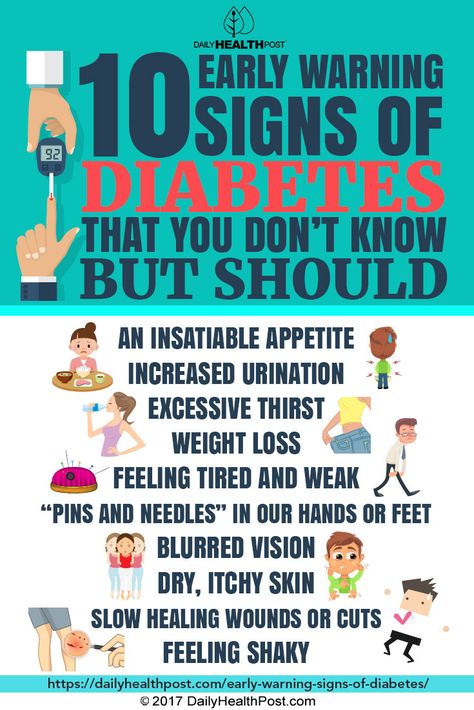 Then they decided to use the old fashioned way, interrupted by the PA. The next Ms were supposed to arrive on May 11th. 8 suspected something was wrong, terribly wanted fish, so much so that she gathered at 9evening and went to the store. At the same time, I went to the pharmacy, bought tests, I think, what the hell is not joking, so at least I’ll check that there is only one strip and the thirst to eat a whole fish is just a bzik in front of M. I came home, immediately soaked the test. After 10 seconds, a second streak appeared ... My heart skipped a beat ... Half an hour later, I soaked the second, from a different company. 15 seconds and again the second! By the end of the fifth minute, both tests are brightly striped. I’m shocked, the whole cycle has passed, it seems that nothing should have happened, how could he catch on there ?! Panic, distrust of one's own eyes, and somewhere there is a quiet joy and fear that the situation may repeat itself. The night slept in fits and starts, in the morning I did another test, although I already knew what I would see on it.
Then they decided to use the old fashioned way, interrupted by the PA. The next Ms were supposed to arrive on May 11th. 8 suspected something was wrong, terribly wanted fish, so much so that she gathered at 9evening and went to the store. At the same time, I went to the pharmacy, bought tests, I think, what the hell is not joking, so at least I’ll check that there is only one strip and the thirst to eat a whole fish is just a bzik in front of M. I came home, immediately soaked the test. After 10 seconds, a second streak appeared ... My heart skipped a beat ... Half an hour later, I soaked the second, from a different company. 15 seconds and again the second! By the end of the fifth minute, both tests are brightly striped. I’m shocked, the whole cycle has passed, it seems that nothing should have happened, how could he catch on there ?! Panic, distrust of one's own eyes, and somewhere there is a quiet joy and fear that the situation may repeat itself. The night slept in fits and starts, in the morning I did another test, although I already knew what I would see on it.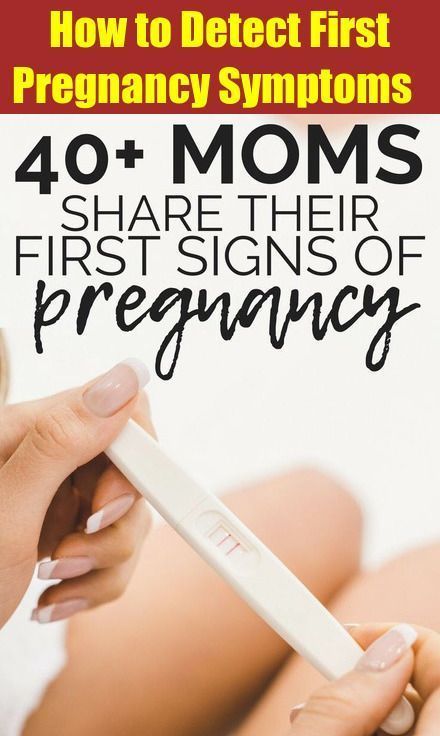 I made an appointment with a doctor in a private clinic. May 17, just 5 weeks old came to the doctor. I must say right away that I wanted to get to her, because. This doctor is the best in the pathology of pregnancy. On examination, the first thing she said was: “Of course, you were in a hurry, but since he was able to catch on, you need to help him.” The strokes are perfect, the thyroid gland is healthy, her chest is in order (this made her happy). She prescribed duphaston, folic, iodomarin, sexual rest and a minimum of drugs during pregnancy. Vitamins only after 12 weeks. Now it's the seventh week, everything seems to be fine t-t-t. Periodically chest pains, "lumbago" in the lower abdomen, drowsiness, tearfulness. A few days ago, toxicosis began, at first in the morning, I felt sick only before breakfast and a little after it. Yesterday, she was sick all day, she ate and drank through her strength so that her stomach was not completely empty, her appetite disappeared completely. Today, breakfast ended up in the toilet, the second attempt at breakfast wanted to leave after the first, but somehow somehow managed to stay in the stomach.
I made an appointment with a doctor in a private clinic. May 17, just 5 weeks old came to the doctor. I must say right away that I wanted to get to her, because. This doctor is the best in the pathology of pregnancy. On examination, the first thing she said was: “Of course, you were in a hurry, but since he was able to catch on, you need to help him.” The strokes are perfect, the thyroid gland is healthy, her chest is in order (this made her happy). She prescribed duphaston, folic, iodomarin, sexual rest and a minimum of drugs during pregnancy. Vitamins only after 12 weeks. Now it's the seventh week, everything seems to be fine t-t-t. Periodically chest pains, "lumbago" in the lower abdomen, drowsiness, tearfulness. A few days ago, toxicosis began, at first in the morning, I felt sick only before breakfast and a little after it. Yesterday, she was sick all day, she ate and drank through her strength so that her stomach was not completely empty, her appetite disappeared completely. Today, breakfast ended up in the toilet, the second attempt at breakfast wanted to leave after the first, but somehow somehow managed to stay in the stomach.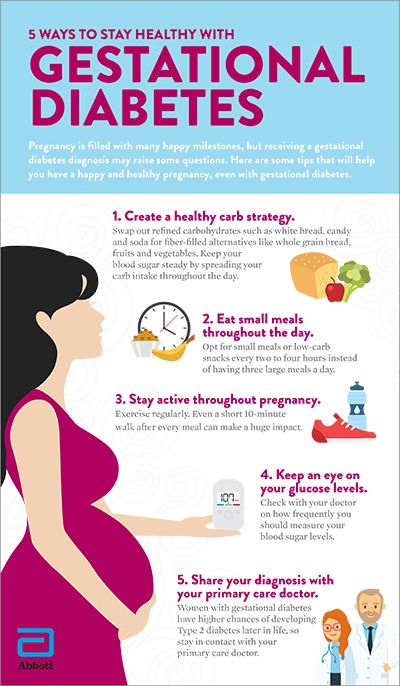 Today I can not eat even through force, I feel sick from one word - food! From odors, even perfume and air freshener. On the one hand, and glad, here they are, signs that the pregnancy is developing normally, that the baby is growing, hormones are not decreasing, but on the other ... It's a nightmare, a constant feeling that it can turn inside out at any minute, nausea from sharp and not very smells, from the type of food, and just about the memories of food. How did you cope or cope with this condition? Yesterday, pickle from cucumbers helped for a while, but today such a thing no longer goes away. nine0003
Today I can not eat even through force, I feel sick from one word - food! From odors, even perfume and air freshener. On the one hand, and glad, here they are, signs that the pregnancy is developing normally, that the baby is growing, hormones are not decreasing, but on the other ... It's a nightmare, a constant feeling that it can turn inside out at any minute, nausea from sharp and not very smells, from the type of food, and just about the memories of food. How did you cope or cope with this condition? Yesterday, pickle from cucumbers helped for a while, but today such a thing no longer goes away. nine0003
The first symptoms and signs of pregnancy: how to understand that a miracle is near
There are many signs that may indicate pregnancy. These first signs of pregnancy are individual for each woman and the case of pregnancy. During pregnancy, you may find one or more of these signs. Don't worry, it's unlikely you'll have all the symptoms at the same time. In addition, you should not worry in their absence.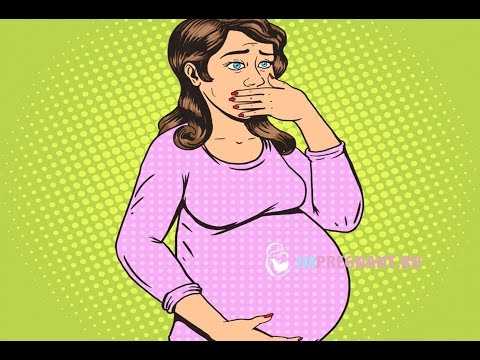 It is possible to be pregnant and not see any signs of pregnancy. Regardless of whether you show the first signs of pregnancy or not, the only reliable way to determine pregnancy is to take a pregnancy test. nine0003
It is possible to be pregnant and not see any signs of pregnancy. Regardless of whether you show the first signs of pregnancy or not, the only reliable way to determine pregnancy is to take a pregnancy test. nine0003
1. Missed period
If you normally have a regular menstrual cycle, this is the first physical sign of pregnancy. Remember that during pregnancy, light bleeding or discharge is possible both during the expected period and when the fertilized egg is implanted in the uterus. If your cycle is irregular, you may notice other pregnancy symptoms before you notice the absence of your period.
Some women, after having had perfectly regular periods for many years, may experience prolonged absence of menstruation. In this case, the first step is to exclude the possibility of pregnancy by performing a home pregnancy test. The medical term for not having a period for more than 6 months is amenorrhea. There can be many reasons for the unexpected cessation of periods, including rapid weight gain and loss, excessive exercise, and stress.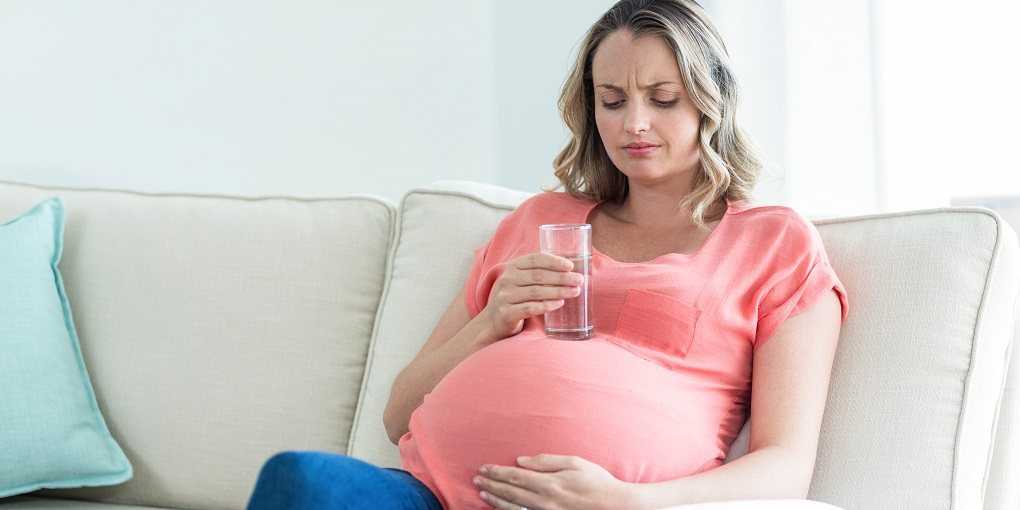 If you are experiencing hot flashes and a decrease in interest in sex, these may be the first signs of menopause (perimenopause). Whatever the symptoms, it's a good idea to check with your doctor if your periods change or stop. nine0003
If you are experiencing hot flashes and a decrease in interest in sex, these may be the first signs of menopause (perimenopause). Whatever the symptoms, it's a good idea to check with your doctor if your periods change or stop. nine0003
2. Changes in the mammary glands
The main hormonal changes occur differently for everyone, depending on the individual characteristics of the organism. The timing of when such restructurings begin to occur is also individual for each.
Breast volume
Breast swelling is the first and earliest sign of pregnancy. Usually, the breasts begin to increase in volume in the first 10 weeks, as well as in the period before childbirth. Sometimes the breast in the process of carrying a baby does not increase much. It all depends on the initial size and characteristics of the woman's body. But it also happens that the breast begins to gradually increase only by the sixth or seventh month, at the moment when the body begins to prepare for the upcoming birth.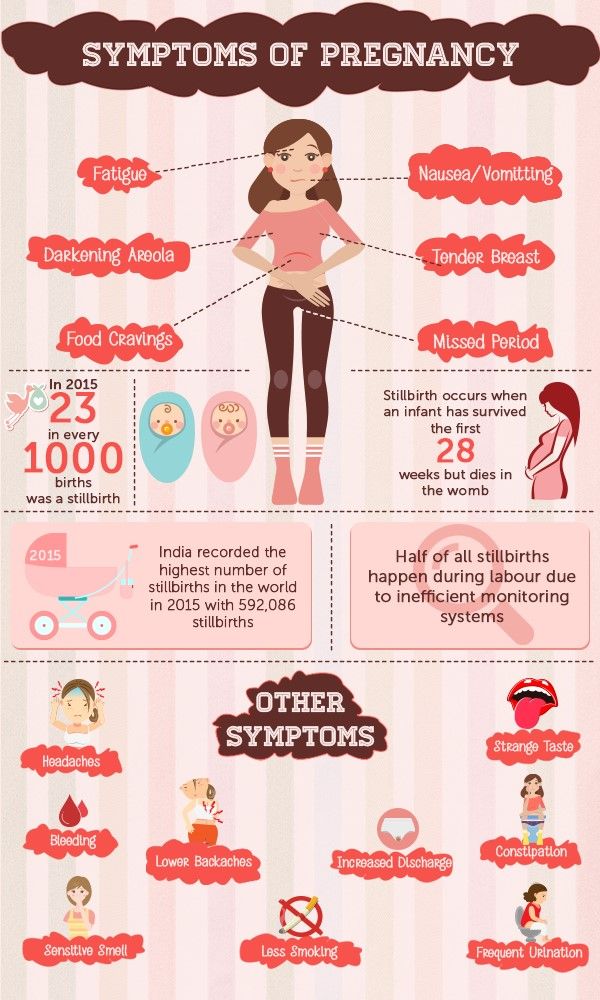 The growth of the milky tract occurs due to estrogens, while the glandular tissue begins its active growth thanks to progesterone. nine0003
The growth of the milky tract occurs due to estrogens, while the glandular tissue begins its active growth thanks to progesterone. nine0003
Glandular tenderness and pain
Discomfort and pain can accompany a woman throughout her pregnancy. But it is chest pain that women begin to feel at the very beginning of pregnancy. The glands can hurt or itch even when the nipples come into contact with underwear. At the same time, expectant mothers note swelling, weighting, tingling of the chest.
Discoloration of the nipples
Nipples and areolas in women at an early stage darken, increase in diameter. Such changes are an important step in preparing for the birth of a baby and breastfeeding. It is believed that it is thanks to the dark color of the areolas that it is easier for a newborn to find his source of nutrition. In addition to changes in color and diameter, small pimples may also appear on the areolas. nine0003
Discharge from the nipples
Colostrum is the first food of a newborn.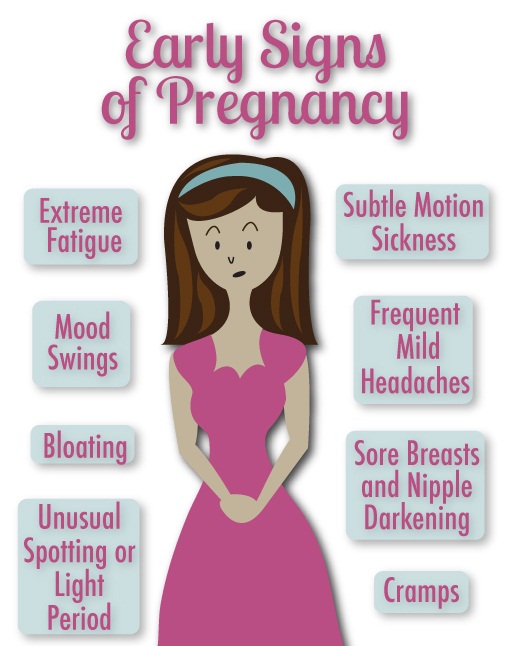 Thanks to him, the baby in the first minutes of its existence receives useful substances that help strengthen the immune system and protect it from the negative effects of the environment. Colostrum is a thick, sticky yellow mass that is released before milk appears. In early pregnancy, a drop of colostrum can also be released from the breast, which indicates the preparation of the breast for birth and future feeding of the baby. To ensure breast hygiene at this stage, it is recommended to purchase special liners that are applied to the nipples in a bra. This will keep the underwear clean and prevent colostrum from getting onto the bra. nine0003
Thanks to him, the baby in the first minutes of its existence receives useful substances that help strengthen the immune system and protect it from the negative effects of the environment. Colostrum is a thick, sticky yellow mass that is released before milk appears. In early pregnancy, a drop of colostrum can also be released from the breast, which indicates the preparation of the breast for birth and future feeding of the baby. To ensure breast hygiene at this stage, it is recommended to purchase special liners that are applied to the nipples in a bra. This will keep the underwear clean and prevent colostrum from getting onto the bra. nine0003
Stretch marks and venous mesh on the chest
All these changes occur due to the increase in the volume of the mammary glands, as well as increased blood circulation in the woman's body. With sufficient levels of collagen, stretch marks can be avoided. With the right care, stretch marks can be less noticeable.
3. Fatigue
You may feel unusually tired during the first few weeks of pregnancy.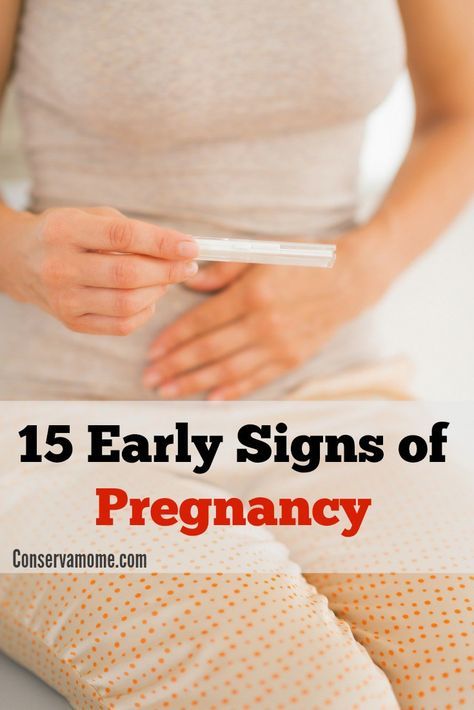 This may be due to an increase in the level of progesterone in the body, since it maintains the mucous membrane of the uterine cavity in the state necessary for the development of pregnancy. For the same reason, some patients experience fainting. By the beginning of the second trimester, ailments usually disappear without a trace. However, it is important to be examined and make sure that there are no other health problems. nine0013 Also in the early stages of pregnancy, women experience a decrease in blood pressure. Due to the expansion of blood vessels, small capillaries are included in the blood circulation process. This is necessary for the proper nutrition of the pelvic organs and the proper development of the fetal egg.
This may be due to an increase in the level of progesterone in the body, since it maintains the mucous membrane of the uterine cavity in the state necessary for the development of pregnancy. For the same reason, some patients experience fainting. By the beginning of the second trimester, ailments usually disappear without a trace. However, it is important to be examined and make sure that there are no other health problems. nine0013 Also in the early stages of pregnancy, women experience a decrease in blood pressure. Due to the expansion of blood vessels, small capillaries are included in the blood circulation process. This is necessary for the proper nutrition of the pelvic organs and the proper development of the fetal egg.
With a decrease in blood pressure (hypotension), you may experience a headache, tinnitus, flies before your eyes. What to do in this case, the doctor will tell. Most often, it is enough to adjust the diet and spend more time in the fresh air. Low blood pressure is considered less dangerous during pregnancy than hypertension.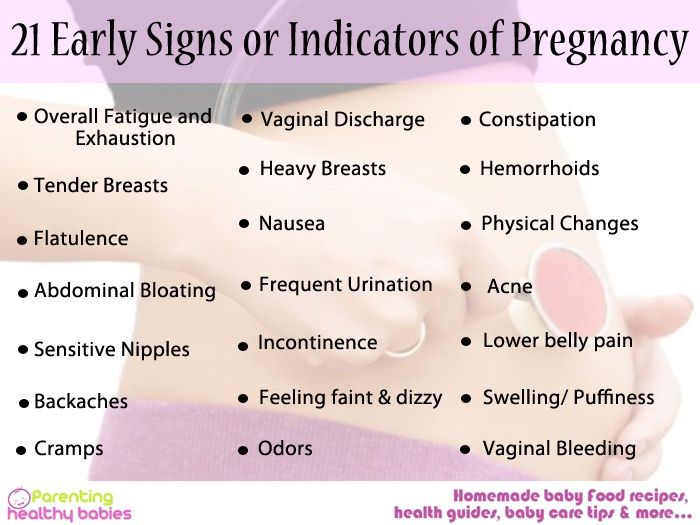 nine0003
nine0003
4. Toxicosis / morning sickness
Between the 2nd and 8th weeks of pregnancy, you may experience nausea and vomiting. As a rule, improvement occurs by the 16th week. Despite the name “morning sickness,” bouts of nausea can recur at any time of the day and it is possible that you will experience it all the time.
5. Hyperemesis gestation (excessive vomiting)
1 in 100 women suffers from hyperemesis gestation. Usually, hyperemesis goes beyond the first trimester (12-13 weeks) and causes such frequent bouts of uncontrollable vomiting that no food or liquid is retained in the body. As a rule, it is treated, and only in very severe cases can lead to pregnancy complications. In case of severe vomiting, consult a doctor for advice. nine0003
Anti-nausea drugs are prescribed by a doctor only for women who are dehydrated - symptoms include increased dryness of the mouth and concentration of urine (dark yellow).
6. More frequent urination
From the first days of pregnancy, a woman's body produces hCG, a hormone also known as human chorionic gonadotropin, which increases the need to empty the bladder.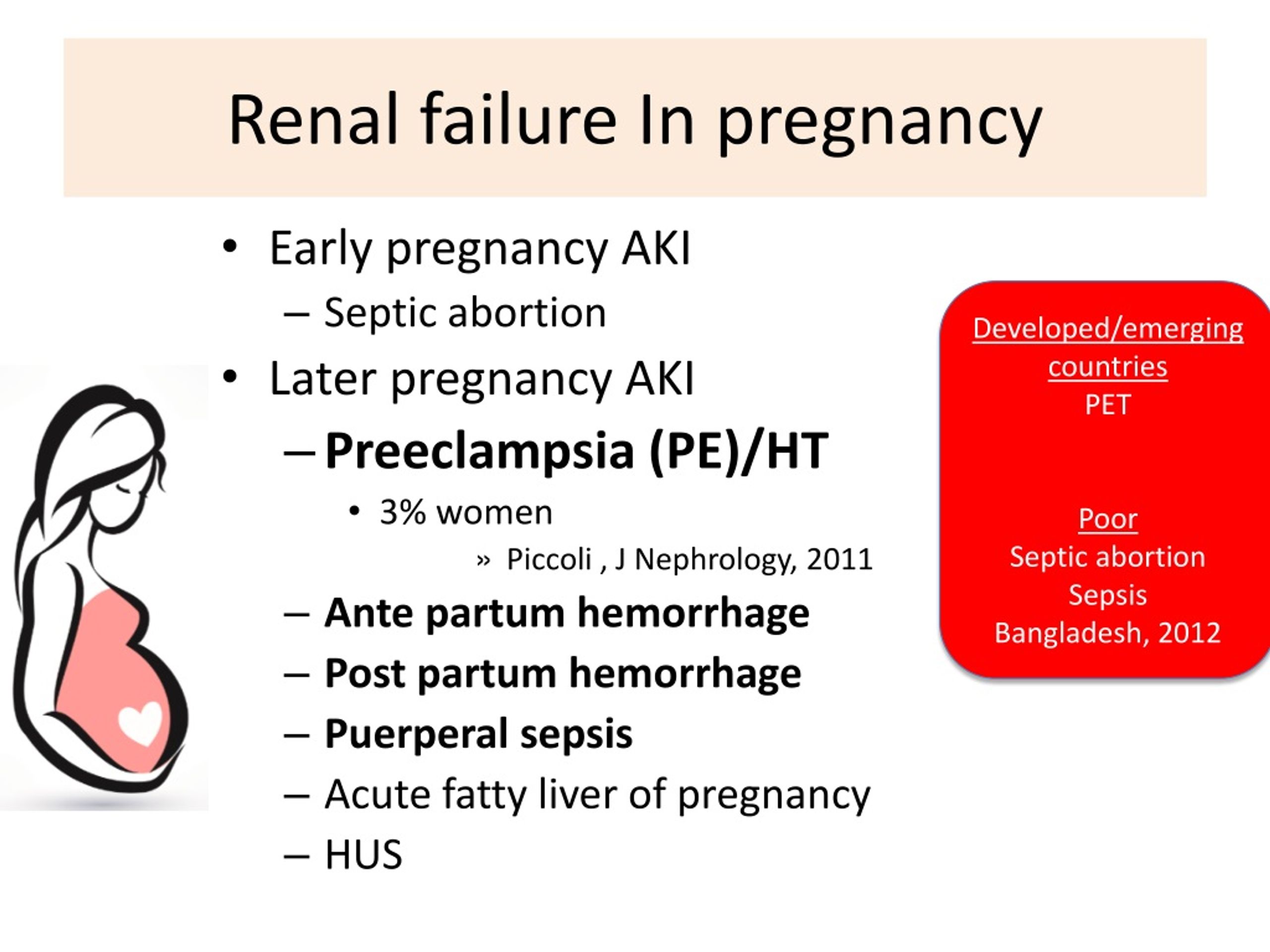 As the pregnancy progresses, the body naturally begins to retain more fluid. This happens under the action of the hormone progesterone. nine0003
As the pregnancy progresses, the body naturally begins to retain more fluid. This happens under the action of the hormone progesterone. nine0003
You may also need to urinate more frequently 6-8 weeks after conception. This is due to the fact that the uterus increases in size and puts pressure on the bladder. At the end of the first trimester, your uterus rises into your abdomen, which will take some of the pressure off your bladder.
If frequent urination becomes too much of a problem early in pregnancy, follow our advice:
- Avoid coffee or tea as they are considered diuretic drinks.
- Lean forward when you urinate. This simple action will help you better empty your bladder to the last drop. Sometimes the slopes should be repeated 2 times.
- Do not reduce the amount of liquid you drink per day (water, compote, juices, dairy products), thinking that this is a way out of this situation. Your body and baby need constant hydration. Dehydration can lead to the development of a urinary tract infection.
 nine0065
nine0065 - Try to drink more during the day, and in the evening and before going to bed, reduce fluid intake to a minimum.
- Do not abuse salty, spicy, fatty foods, alcohol, do not eat smoked meats and other foods that cause increased thirst.
- Constipation can also trigger urination by putting pressure on the bladder, so increase your fiber intake to keep stool regular.
- Daily perform a special set of Kegel exercises aimed at strengthening the muscles of the pelvic floor. Such gymnastics is also recommended for stress urinary incontinence in pregnant women. Many exercises can be done while watching TV, driving a car, or sitting at a computer. nine0065
- Treat going to the toilet as a normal process, not as a pathology. Don't dwell on the problem.
7. Mood swings
Hormonal changes can cause mood swings in early pregnancy. You may even cry for absolutely no reason.
There are several versions of this condition:
- this is due to an increased surge of progesterone, which causes excitability.
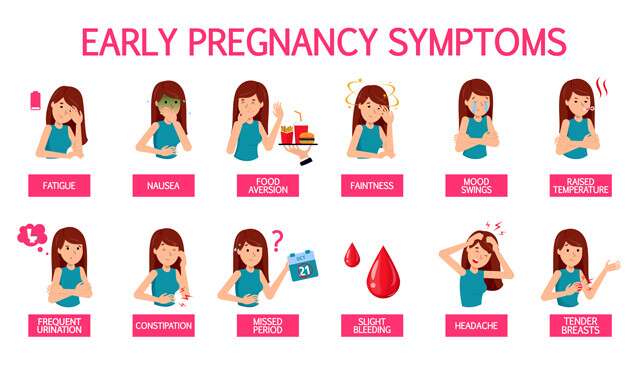 Similar to the state during the menstrual cycle. This also adds increased sensitivity of the mammary glands, early toxicosis, which cause not the most pleasant sensations; nine0065
Similar to the state during the menstrual cycle. This also adds increased sensitivity of the mammary glands, early toxicosis, which cause not the most pleasant sensations; nine0065 - experts also explain the change in mood by the fact that this is a kind of defensive reaction and the ability to prepare for changes and accept them. A woman needs a lot of time to understand that now she is not alone, that a new life and a new person are developing inside;
- another version, at this moment the primitive instincts of procreation have influence, the expectant mother tries in this way to protect the child from the negative effects of the environment;
- The main and most common version of nervousness at the initial stage is a sharp change in hormonal balance. But experts disagree and there is no consensus on this matter. nine0065
8. Changes in food preferences (“wishlists”) and sensitivity to smells
You may stop liking some things, such as tea, coffee and fatty foods, while you are drawn to foods that you usually do not eat.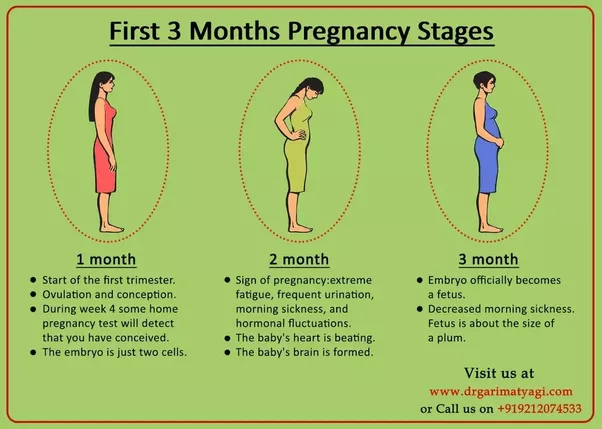 The smell of foods such as coffee, meat, or alcohol can also make you feel nauseous.
The smell of foods such as coffee, meat, or alcohol can also make you feel nauseous.
9. Cramping
During the first trimester and sometimes later in pregnancy, you may experience pain in your legs or feet. This is due to the fact that the body changes the way calcium is absorbed. nine0003
10. Heartburn
This symptom is due to hormonal changes and can occur at the very beginning of pregnancy, not disappearing until the very birth. The feeling of discomfort is provoked by the reflux of the acidic contents of the stomach and usually does not indicate a serious pathology. The use of chocolate, strong tea and coffee, as well as citrus fruits, increases the frequency of heartburn attacks.
11. Heaviness and pulling pains in the lower abdomen
Pregnancy symptoms such as heaviness and pulling pains in the lower abdomen in the early stages are observed in almost every pregnant woman and are associated with increased blood circulation in the pelvic area during attachment of the embryo to the uterine wall.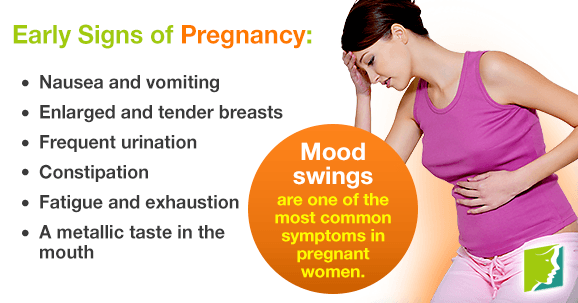

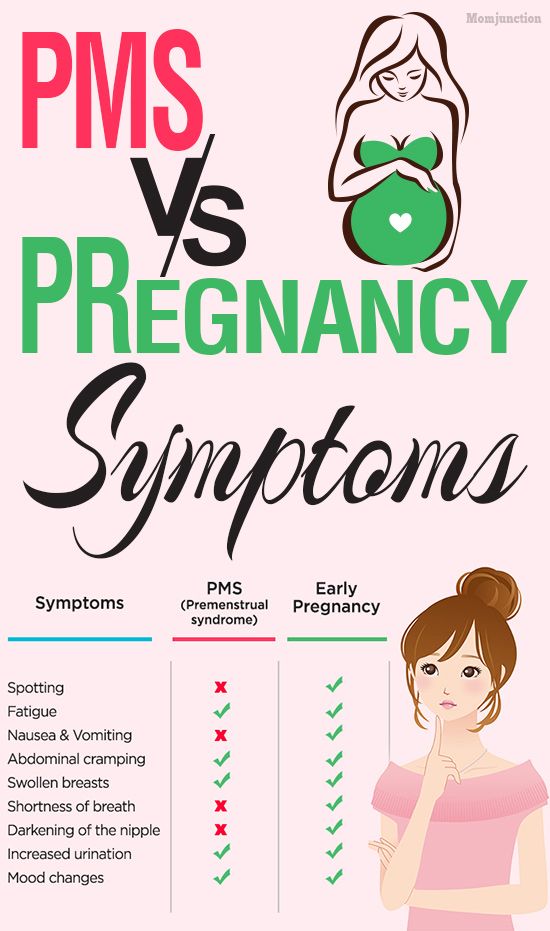 While dehydration is something that needs to be addressed right away—especially during pregnancy—thirst is just your body’s normal response to needing more water or electrolytes (or both).
While dehydration is something that needs to be addressed right away—especially during pregnancy—thirst is just your body’s normal response to needing more water or electrolytes (or both). 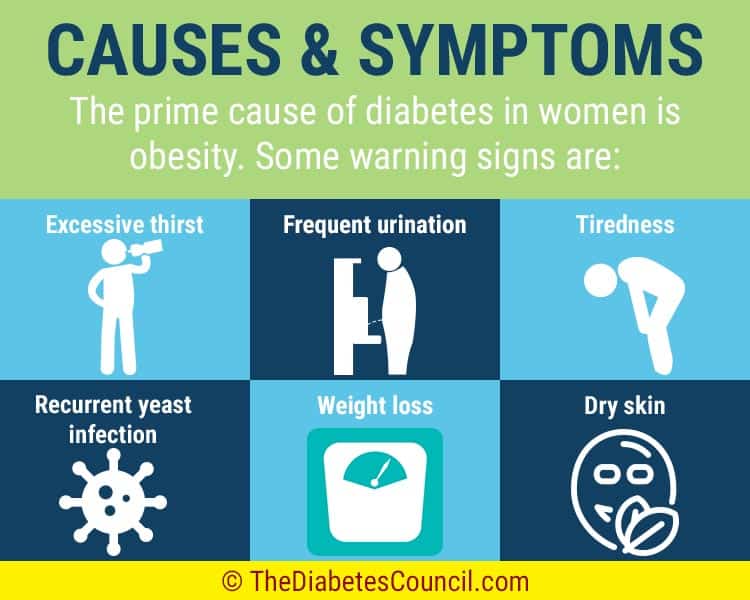 Because we’re committed to your wellness, we use only plant-based and sustainable ingredients. Nothing synthetic or artificial—ever!
Because we’re committed to your wellness, we use only plant-based and sustainable ingredients. Nothing synthetic or artificial—ever!